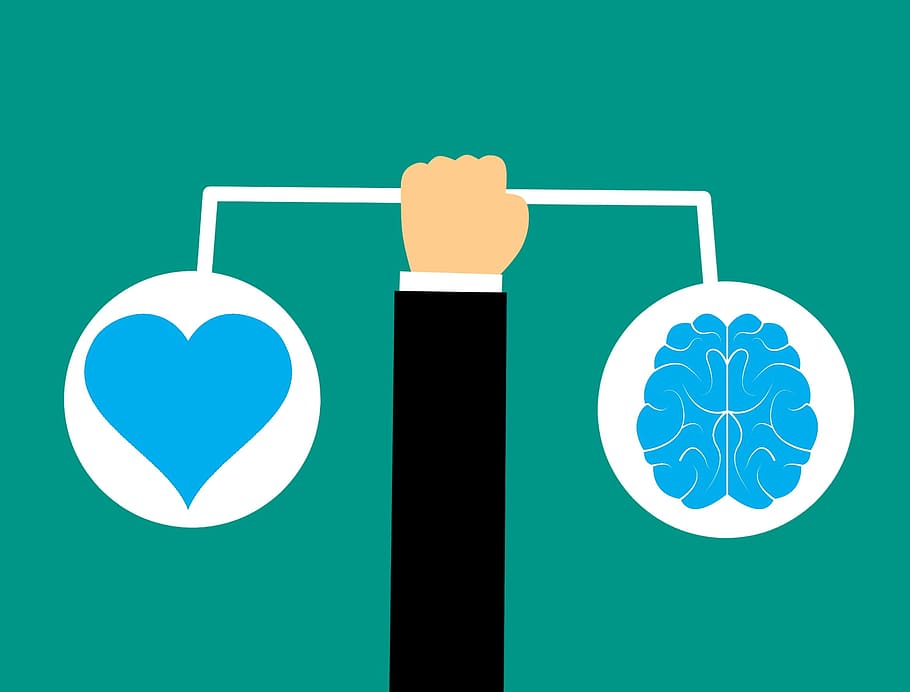
FAQ About Basics of Emotional Intelligence
Basics of Emotional Intelligence
2 years ago | gizem
What are some strategies to improve emotional intelligence?
- Increase Self-Awareness: Pay attention to your own emotions, thoughts, and behaviors. Reflect on your emotional patterns, triggers, and strengths. Journaling, mindfulness practices, and seeking feedback from others can help deepen self-awareness.
- Practice Mindfulness: Engage in mindfulness exercises to cultivate present-moment awareness. This practice can help you observe and acknowledge your emotions without judgment, allowing for better emotional regulation and understanding.
- Enhance Empathy: Put yourself in others' shoes and actively listen to their perspectives. Practice empathy by seeking to understand their emotions and experiences. Engage in active listening, ask open-ended questions, and show genuine interest in others.
- Develop Emotional Regulation: Learn to recognize and manage your own emotions effectively. Practice techniques such as deep breathing, meditation, or engaging in activities that help you relax and reduce stress. Cultivate strategies to regulate negative emotions and respond to challenging situations in a balanced manner.
- Improve Communication Skills: Enhance your communication skills to express yourself clearly and empathetically. Practice active listening, use assertive communication techniques, and focus on nonverbal cues. Strive for clarity, understanding, and respect in your interactions.
- Seek Feedback: Request feedback from trusted individuals to gain insights into your strengths and areas for growth. Be open to receiving constructive criticism and use it as an opportunity to improve your emotional intelligence.
- Cultivate Emotional Resilience: Develop resilience to bounce back from setbacks and manage stress effectively. Build a support system, engage in self-care practices, and develop coping strategies to maintain emotional well-being during challenging times.
- Practice Emotional Problem-Solving: Approach problems with emotional intelligence by considering the emotional aspects involved. Identify emotions influencing the situation and brainstorm solutions that address both rational and emotional needs.
- Build Social Awareness: Increase your awareness of social dynamics, cultural differences, and nonverbal communication. Pay attention to others' emotions, perspectives, and needs. Develop cultural sensitivity and the ability to adapt your communication style to different contexts.
- Continuous Learning and Development: Engage in activities that promote personal and professional growth. Read books, attend workshops or seminars, and seek resources related to emotional intelligence. Practice new skills and apply them in various areas of your life.
